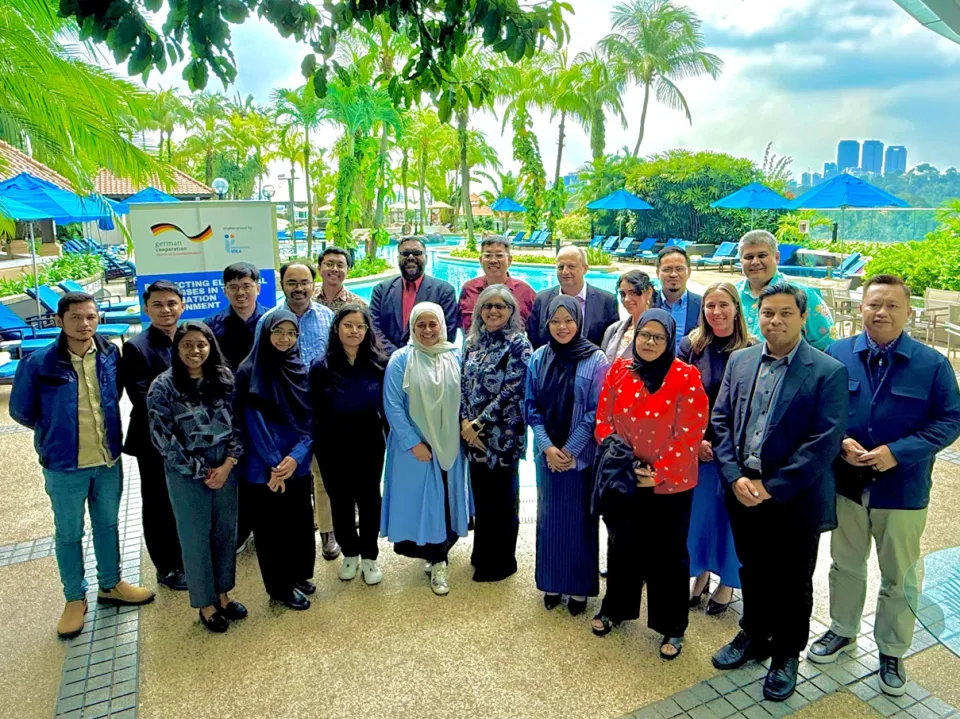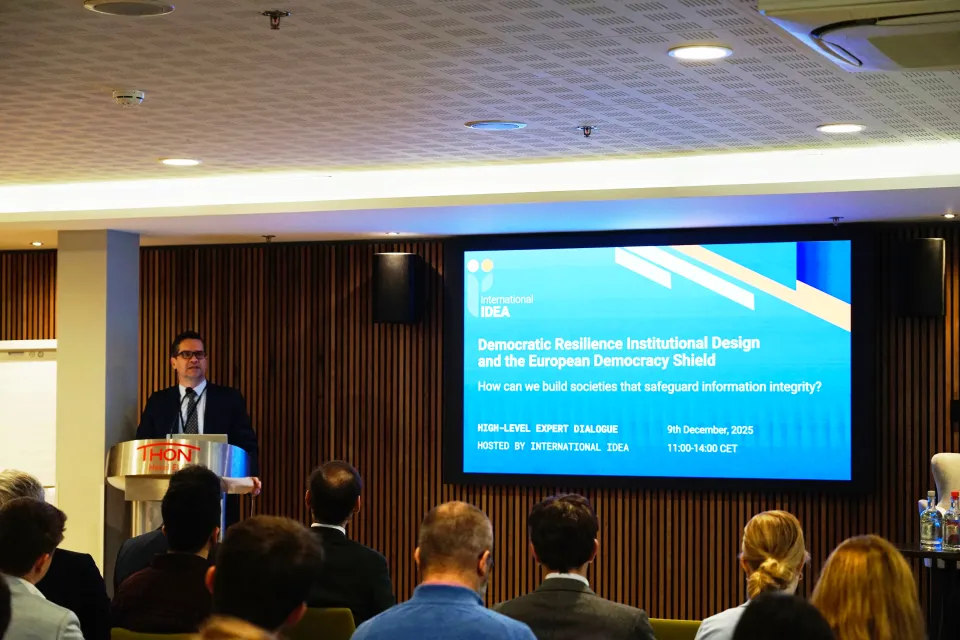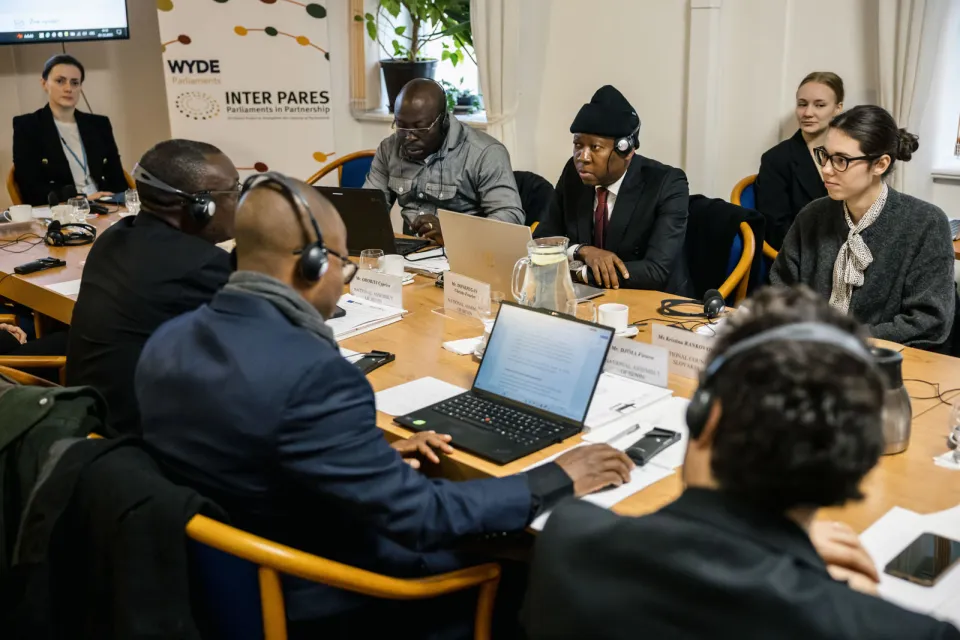Coups d’état are, intuitively, the antithesis of a democratic transition. Even when such an occurrence is greeted with a certain amount of popular celebration, military government is incompatible with democracy. Coups such as the one that took place in July in Niger are rightly greeted with international condemnation. But what about a coup that removes an autocrat who has far outstayed his welcome? Is this a step towards democratization? The nature of the coup offers some clues to what will come next, but the pattern so far does not indicate that this will offer a real democratic opening.
What happened in Niger and Gabon?
On 26 July 2023 in Niger, President Mohammed Bazoum was removed from office and confined. The military leaders who led the coup had Bazoum confined to a room in the presidential compound and stated that he would be prosecuted for treason. Bazoum’s time in politics has been touched by coups before. He first entered cabinet in 1995, less than a year before the 1996 coup. Another coup in 2010 set the stage for a 2011 election in which Bazoum’s party came to power under the leadership of Mahamadou Issoufou. There was another coup attempt two days before Bazoum took over as President from Issoufou following the 2021 election. Since the July coup, whose leaders dissolved Niger’s constitution and suspended its institutions, the country has been governed by the National Council for the Safeguard of the Homeland (CNSP), a military junta. The CNSP has announced a three-year timelinefor returning Niger to constitutional order, which it said would include an inclusive national dialogue.
On 30 August 2023, President Ali Bongo’s time in power in Gabon came to an end with a coup d’état. Just hours earlier he had been declared the winner of a non-competitive election which would have given him a third term in office and extended his family’s time in power beyond six decades. Amid democratic and non-democratic transitions across the continent, Gabon had been a stable autocracy, though there had been a failed coup attempt in 2019. As with the CNSP in Niger, Gabon’s military junta, the Committee for the Transition and Restoration of Institutions, has declared its intention to form a transitional government, with its leader, General Brice Clotaire Oligui Nguema, sworn in as president on 4 September. The duration of the transition has not yet been determined.
How are these coups different?
Most of the coups d’état that have been seen in Africa over the past three years have been carried out by younger officers, and have been connected to the long-running conflicts between governments and jihadist groups across the Sahel. These coups were generally bloodless, and greeted with at least some popular celebration. The latest coups in Niger and Gabon were similar in the sense they were non-violent, and particularly in the case of Gabon appear to be popular – although the celebration may be more about the end of corrupt civilian rule than support for the military takeover.
In a departure from the recent pattern, the coups in Niger and Gabon were initiated by senior officers who were very close to the Presidents they overthrew. Some observers have described these as “palace coups” for that reason. The coup in Niger, like the others in the Sahel is in part a response to ongoing challenges with security, economic instability, poverty, and international geopolitical competition for influence. However, it was also influenced by intra-elite competition as it followed President Bazoum’s moves to replace two senior generals, and a reported plan to replace eventual coup leader General Abdourahamane Tiani as commander of the presidential guard. The coup in Gabon is similar in some respects as it was also led by the commander of the presidential guard, General Nguema. Nguema had been close to Ali Bongo’s father, former President Omar Bongo Ondimba, and observers have characterized the recent coup as a purge within the Bongo-adjacent ruling elite. Yet the broader context differs greatly from Niger, as Gabon’s struggle has been with an ossified kleptocracy.
How are regional organizations responding?
Alongside the Africa Union (AU), Africa’s regional economic communities (RECs) have had a prominent role in providing external assistance (and pressure) toward the restoration of civilian, representative institutions after coups. The Economic Community of West Africa States (ECOWAS) has been the most active in this regard, and most of the coups of the last three years have taken place in ECOWAS member states. ECOWAS responded to the coup in Niger with sanctions on the leaders of the country, while fellow ECOWAS member state Nigeria cut off the electricity it supplied to the country. ECOWAS further considered military intervention, going so far as activating a stand-by force, but had not moved to enter Nigerien territory before the end of August 2023.
The coup in Gabon is the first in recent years among the member states of the Economic Community of Central African States (ECCAS). The establishment in 2021 of a military-led transitional government in Chad (another ECCAS member state), following the death of President Idriss Déby, was labelled by some observers as a coup d’état but its categorization as such has been contested, and it was not treated as a coup d’état by the international community. ECCAS’ embrace of Chad’s Transitional Military Council cannot therefore serve as a reliable indicator of how it may respond to the military takeover in Gabon. Indeed, the condemnatory statement it issued on 31 August suggests that it will take a harder line. The bloc also announced the imminent convening of a peace and security council to discuss the issue. ECCAS’s ability to influence the coupists, however, may be limited by its close ties to Gabon, whose capital Libreville hosts the REC’s headquarters and which has provided it with significant political and financial support. Its response is also likely to be constrained by the absence of a regional framework on democracy and governance and by the weakness of its conflict prevention mechanisms, which were designed to address inter-state conflicts rather than internal political crises. The strongest response so far has been the AU’s suspension of Gabon’s membership.
Will we see more coups in Africa?
In our view, it is now highly likely that there will be further coups on the continent. While the AU and some of the RECs have sought to establish strong anti-coup norms, each successive coup in this recent wave demonstrates the possibility of such actions and erodes the moral force of the norms against them. The Gabonese junta’s use of the announcement of the result of a non-competitive election as a pretext for the coup may be emulated in other contexts where elections are widely understood to be stage managed.
Disclaimer: Opinions expressed in this commentary are those of the author and do not necessarily represent the institutional position of International IDEA, its Board of Advisers or its Council of Member States.






